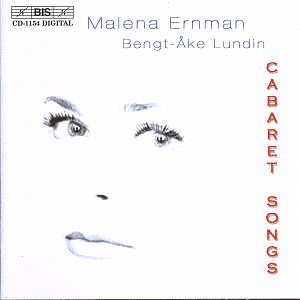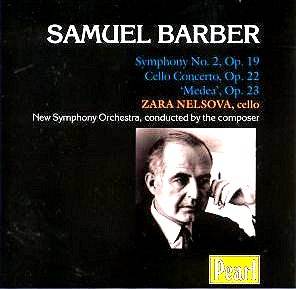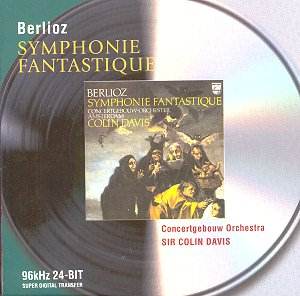 Composer: Various
Composer: Various
Works: Cabaret Songs by William Bolcom, Kurt Weill, Friedrich Holländer, and Benjamin Britten
Performers: Malena Ernman (mezzo-soprano), Bengt-Åke Lundin (pianoforte)
Recording: Recorded October/November 2000, Danderyds Gymnasium, Sweden
Label: BIS
The tradition of cabaret songs, emerging from the vibrant cultural milieu of early 20th-century Europe, presents a unique confluence of popular and classical music. This recording, featuring a selection of works by William Bolcom, Kurt Weill, Friedrich Holländer, and Benjamin Britten, showcases the versatility of mezzo-soprano Malena Ernman, whose interpretative approach invites both admiration and scrutiny. Each composer’s contribution illuminates different facets of cabaret’s emotional landscape, from Bolcom’s whimsicality to Weill’s biting irony, offering a rich tapestry for performance.
Ernman’s rendition of Bolcom’s songs is particularly engaging, as she navigates the playful and often unpredictable nature of the repertoire with a palpable sense of joy. In “Over the piano,” her vocal agility allows for delightful moments of spontaneity, underscored by her ability to shift from a sweet, innocent tone to a more robust, playful delivery in an instant. This contrasts sharply with Nathan Gunn’s more measured interpretation, which, while polished, lacks the adventurous spirit that Ernman embodies. Her interpretation of “Murray the Furrier” is marked by a frenetic tempo, transforming the piece into a raucous celebration, while her slower, more sensual take on “Song of Black Max” allows the lyrical lines to breathe, showcasing her ability to create tension and release within a single performance.
The technical demands of these songs are not trivial, and Ernman’s voice reflects both strength and vulnerability. Her lower register, particularly in Britten’s “Funeral Blues,” demonstrates commendable depth, although moments of strain occasionally emerge when she pushes into her medium-high range. Notably, her high A’s in the final Weill song possess a vibrato that, while expressive, can obscure clarity at times. This duality of voice—where the raw emotional impulses occasionally wrestle with technical control—reveals an artist in the throes of exploration. Meanwhile, Lundin’s pianism, though at times overshadowed by Ernman’s dynamic stage presence, provides a solid foundation, subtly supporting the vocal lines without becoming overly prominent.
Recording quality plays a significant role in this release. Initially, the balance appeared to favor the piano, creating a somewhat backward sound. However, as the listener acclimatizes, this balance begins to reveal itself as a realistic representation of a concert setting, allowing Ernman’s nuanced interpretations to emerge fully. The engineering captures the subtleties of her performance, from the hushed whispers to the full-bodied proclamations, enhancing the cabaret atmosphere intended by the composers.
While the Holländer selections lean more towards operetta, they serve as a contrast to the more profound emotional depths of Bolcom and Weill. Ernman’s interpretation of “Ich bin von Kopf bis Fuss auf Liebe eingestellt” is charming, yet one cannot help but feel that it lacks the dramatic weight of the other selections. In this context, the program feels a bit uneven, with the strength of Ernman’s performances in the Bolcom and Britten songs overshadowing her work in Holländer’s lighter fare.
This recording stands as a testament to Ernman’s fearless exploration of cabaret repertoire. With its blend of humor, pathos, and vocal prowess, it captures the essence of cabaret’s artistic heritage. As Bolcom’s works increasingly gain recognition as modern classics, this collection not only serves as an engaging introduction to the genre but also exemplifies the transformative power of cabaret through a skilled interpreter. Ernman’s daring choices and vibrant personality suggest that she is indeed a formidable presence in this realm, deserving of both attention and acclaim.



